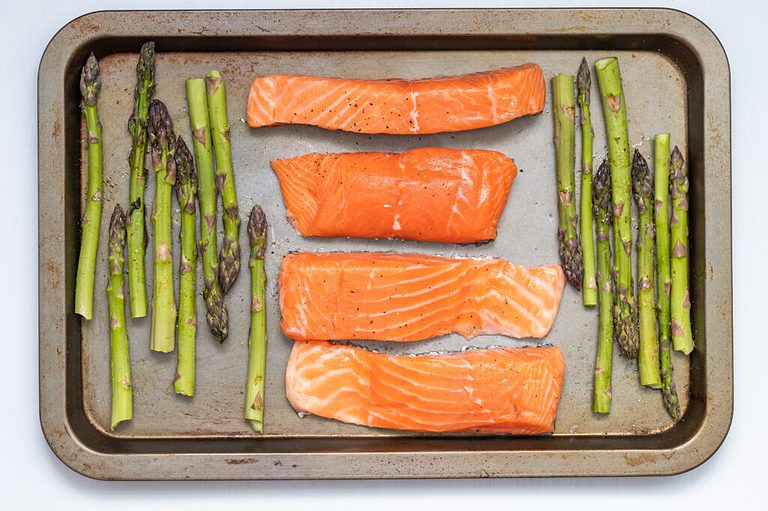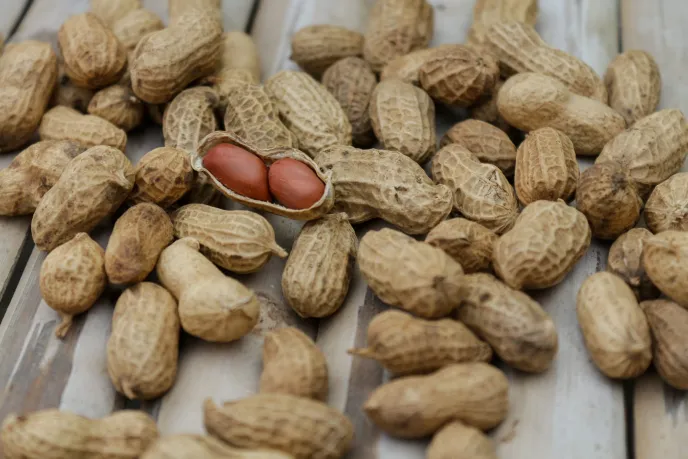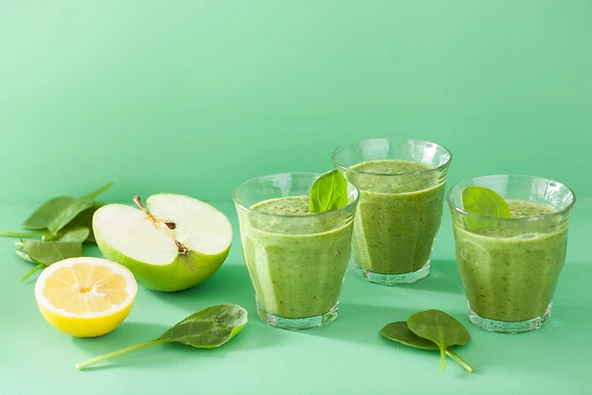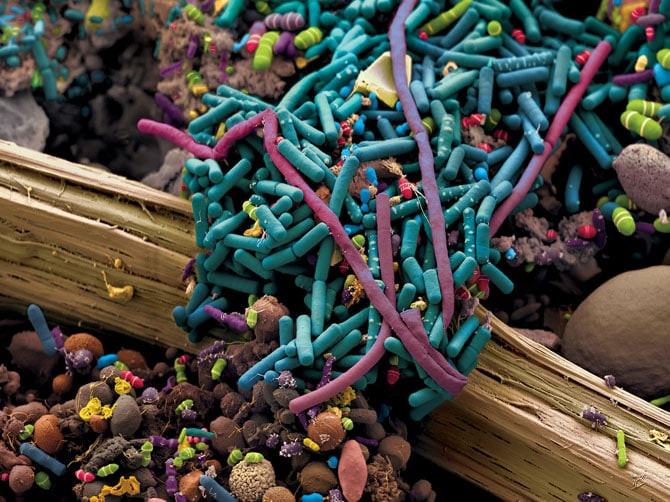Alrighty folks, it’s time to listen up! I’m going to be real with you, no-one ever REALLY thinks about their fertility until they’re at the point where they are ready to have kids. Hopefully, with this blog I can reach some of you that know you want to have biological children sometime in the future but may not know that some of the habits you have NOW can really impact your fertility down the track.
Or, maybe you’ve decided to freeze your eggs to preserve their quality and pursue a baby later in life.
Whichever way you look at it, maintaining your general health and your reproductive health is critical to consider at any age!
Remember: Infertility is defined as 12 months of trying to conceive and not falling pregnant for women under 35 years, and 6 months without a pregnancy for women over 35 years.
So, I’m about to cover the top 10 habits that aren’t conducive to increasing your chances of conceiving and are habits that should be looked at BEFORE you start planning for a baby!
Let’s get into it.
1. Sugar-sweetened beverages or soft drinks
I don’t think many of you will be surprised to know that sugar-sweetened beverages (also known as soft drinks) offer little except too much sugar and very little nutritional value. However, you may be surprised to know that both men and women who consumed 7 or more soft drinks a drink had an 80% reduction in fecundity (ability to fall pregnant or fertility), say what?! (Hatch et al., 2018)
I would recommend reducing how many soft drinks you have to an absolute minimum wherever possible. If that’s not possible right now, that’s okay it’s definitely a tough habit to break. Get to work on it ASAP with support from an Accredited Practising Dietitian, for the sake of your health & fertility!

2. Diet soft drinks
Thinking about making the switch to the “diet” varieties of soft drinks to help wean you off your habit? Whilst this can be an excellent strategy when looking to lose a few in the short-term, we ultimately know that water as our main drink is the best option.
Some research has shown that the artificial sweeteners found in soft drinks may reduce female fertility. A couple of studies have shown that consumption of these sweeteners can impact women undergoing IVF (specifically ICSI: intracytoplasmic sperm injection), with diet soft drinks being associated with changes in egg shape, poorer embryo quality and can even effect implantation and pregnancy rate! (Setti et al., 2018)
3. Saturated fats
Saturated fats are a particular type of fat found primarily in animal foods such as chicken skin, fat on meat, processed meats (yes, that includes bacon), butter, full-fat dairy foods such as milk & cheese, cakes & pastries, chocolate, coconut & palm oil (plus products that contain these). Saturated fats contributes to your body’s inflammatory processes. Too much inflammation ANYWHERE is not your friend, but in particular in the fluid that surrounds your eggs and your guy’s sperm is most definitely NOT YOUR FRIEND!

Plus, saturated fats can exacerbate endometriosis! *thumbs down*
But, it doesn’t mean a “low fat” diet, it means a diet high in healthier fats, namely monounsaturated and polyunsaturated fats. So swapping out your sources of saturated fat with extra virgin olive oil, oily fish, nuts & seeds, 100% nut butters, olives, avocados and reduce your intake of the foods mentioned above…
In fact, omega-3s are SUPER important for healthy eggs and a healthy pregnancy, the omega-3 fatty acid DHA is responsible for helping your growing baby’s brain develop!
So… what I’m saying is, if you’re on a ketogenic diet with plenty of saturated fats and trying to get pregnant, it may be a good time to take a long hard look at your diet
4. Too much animal protein
Okay, so we already know that reducing our intake of animal proteins is important to reduce our environmental footprint and also for our health. BUT, research has shown just switching out 25 grams of animal protein (about half a chicken breast, cooked) with an equal amount of plant protein can improve your fecundity (fertility) by a whopping 50%!

It doesn’t necessarily mean you need to go vegan or vegetarian right this second. It’s just about reducing your intake of animal sources of protein and incorporate more plant sources such as legumes (lentils, beans, peas, pulses), tofu & tempeh, nuts & seeds (and their butters), edamame and even wholegrains can provide you with a source of protein.
For example, use half the amount of mince meat in your next Mexican feast and replace with tinned beans (e.g. black beans, red kidney beans or pinto beans). Or go full vego for a meal or two a week.
5. BPA
You know how water bottles & lunchboxes says “BPA free” these days? But what actually is it?
BPA = bisphenol A – an industrial chemical involved in the making of plastics & resins.
One review showed that BPA may be associated with infertility in women (Ziv-Gal & Flaws, 2016). Another study has shown some impact of BPA exposure on male fertility by affecting sperm health, specifically its function and ability to fertilise an egg (i.e. make a baby, Rahman et al., 2015).
BPA is found in lunchboxes, water bottles and foods packaged or wrapped in plastic (unless they say BPA-free, of course).

Avoid reheating your lunch in plastic lunchboxes, instead pop it in a microwave safe plate to heat. And hand-wash your containers instead of using the dishwasher, as this can create damages to the plastic and release more of the BPA (you know those shreddy bits that happens when your lunchbox gets old). And finally, buy yourself a BPA free reusable water bottle.
These are great tips to reduce your food waste and plastic use anyway, so just see it as being kind to the environment whilst helping out your chance of getting preggers.
6. Restrictive Dieting/Eating Patterns
Not getting enough nutrition at a young age as a female can result in not reaching puberty and having amennorrhea, or no period. This can occur in female athletes or young women who have a very low body fat percentage either naturally or secondary to a restrictive eating disorder can result in inadequate body fat and irregular ovulation or lack of ovulation all together.
Gaining enough weight in those critical developmental windows and maintaining an appropriate amount of body fat to support a healthy reproductive system and your fertility in the future also.
Working with a dietitian to help you gain and/or maintain an appropriate weight before trying to conceive is a great first step.
Similar affects can be seen in obesity with a loss of menstruation and/or ovulation. For those that undergo bariatric surgery and re-commence their menstrual cycle falling pregnant pretty soon after!
7. Flake (Shark)
Flake (or shark) is often sold as fish and contains mercury! Unfortunately, we humans are not very good at getting rid of mercury and medically there are no cures for consuming too much. If it gets too high, your doctor will have you do chelation therapy which involves taking medication to bind the metals and remove them from your body!

Let’s try and avoid that! So, always avoid flake (or shark) and ALWAYS ask what the fish of the day is!
8. Alcohol
Whilst it may be a no-brainer to ditch the alcohol once you’re pregnant. Alcohol can also affect your reproductive system which creates the eggs and sperm that becomes your future baby!
Alcohol reduces your chance of live birth, increases your risk of fetal loss and is associated with multiple reproductive risks. This study stated that IVF or other assisted reproductive treatments should not be provided to women who are unwilling or unable to reduce their alcohol intake – WHOAH, intense! And for the men, avoiding alcohol the week before providing their semen sample for IVF.
I would recommend reducing your alcohol intake tapering off to none as you approach the time that you’re wanting to fall pregnant. Healthier eggs, healthier sperm = healthier embryo = better chance of healthy pregnancy!

9. Smoking
I’m not going to rant about how smoking isn’t amazing for your health, this is not new information. Smoking can reduce a males fertility by 30%! And for both men and women, even just a few cigarettes a day can reduce your fertility rates.
Put out the cigarette, yo!
10. Hot tubs & other hot stuff
Extreme heat exposure for prolonged periods to the male’s lap area, from hot tubs, tight underwear, laptops or mobile phones and even bike riding can affect fertility as the male reproductive system is sensitive to heat!
BUT, don’t freak out about that 6 hour stint in the hot tub on holiday just yet! It’s frequent and prolonged exposures to heat is what will be detrimental for sperm health.

Now that you know about what to avoid, do you want to know what you SHOULD be eating more of for couples trying to conceive? Apply to work with us to optimise your health, diet and body weight for conception and pregnancy. Virtual consultations are also available!







